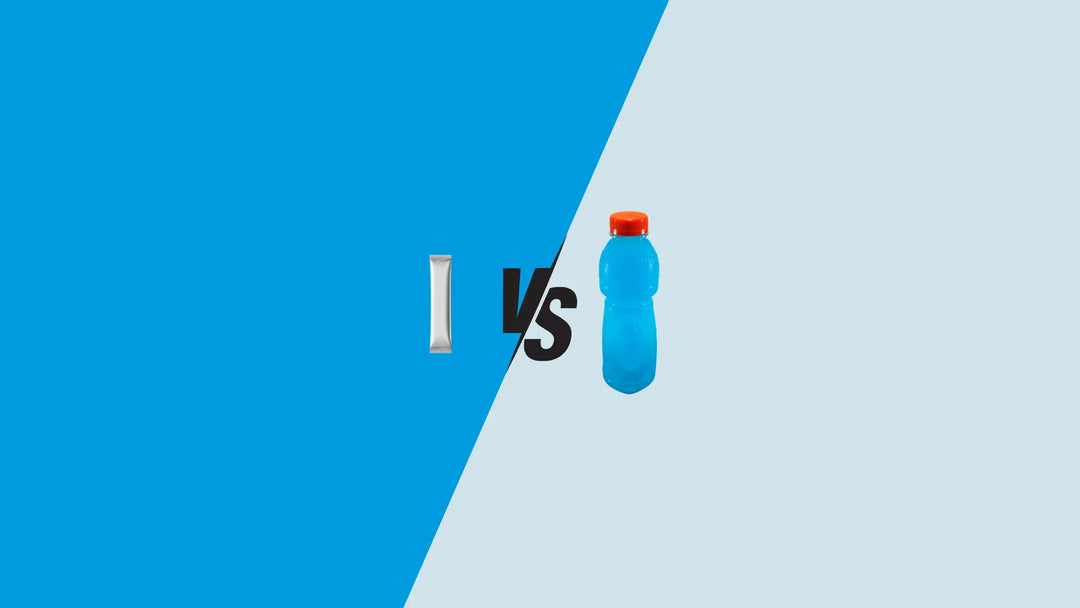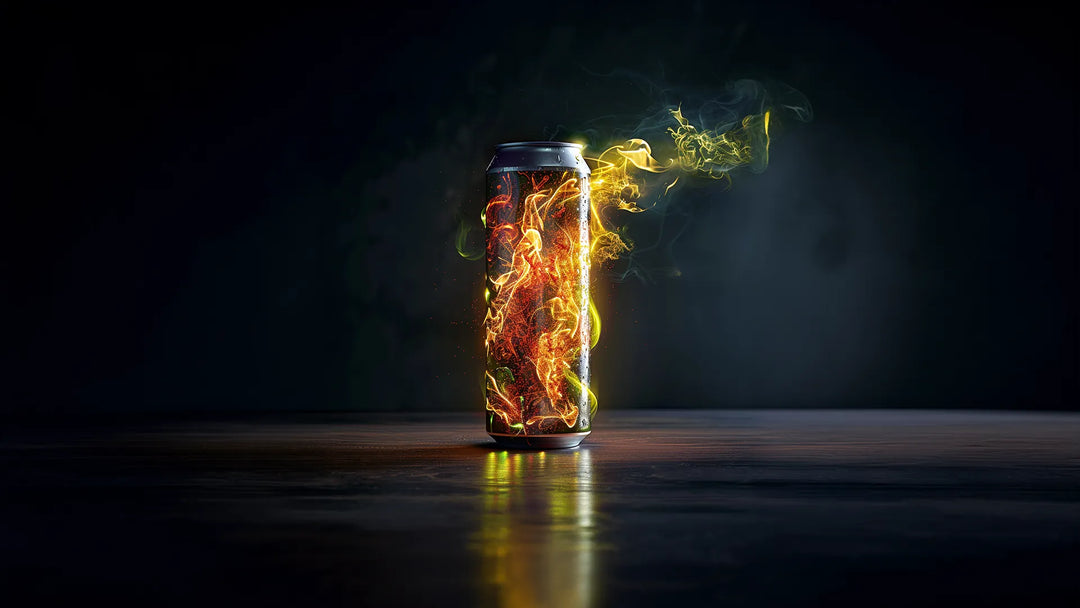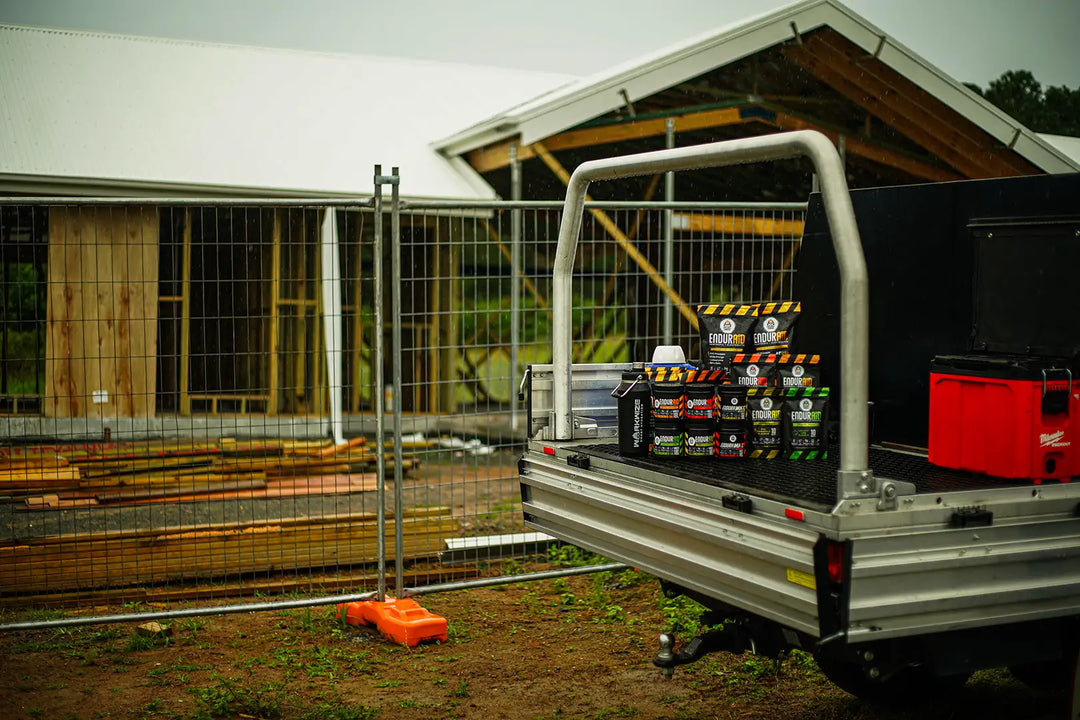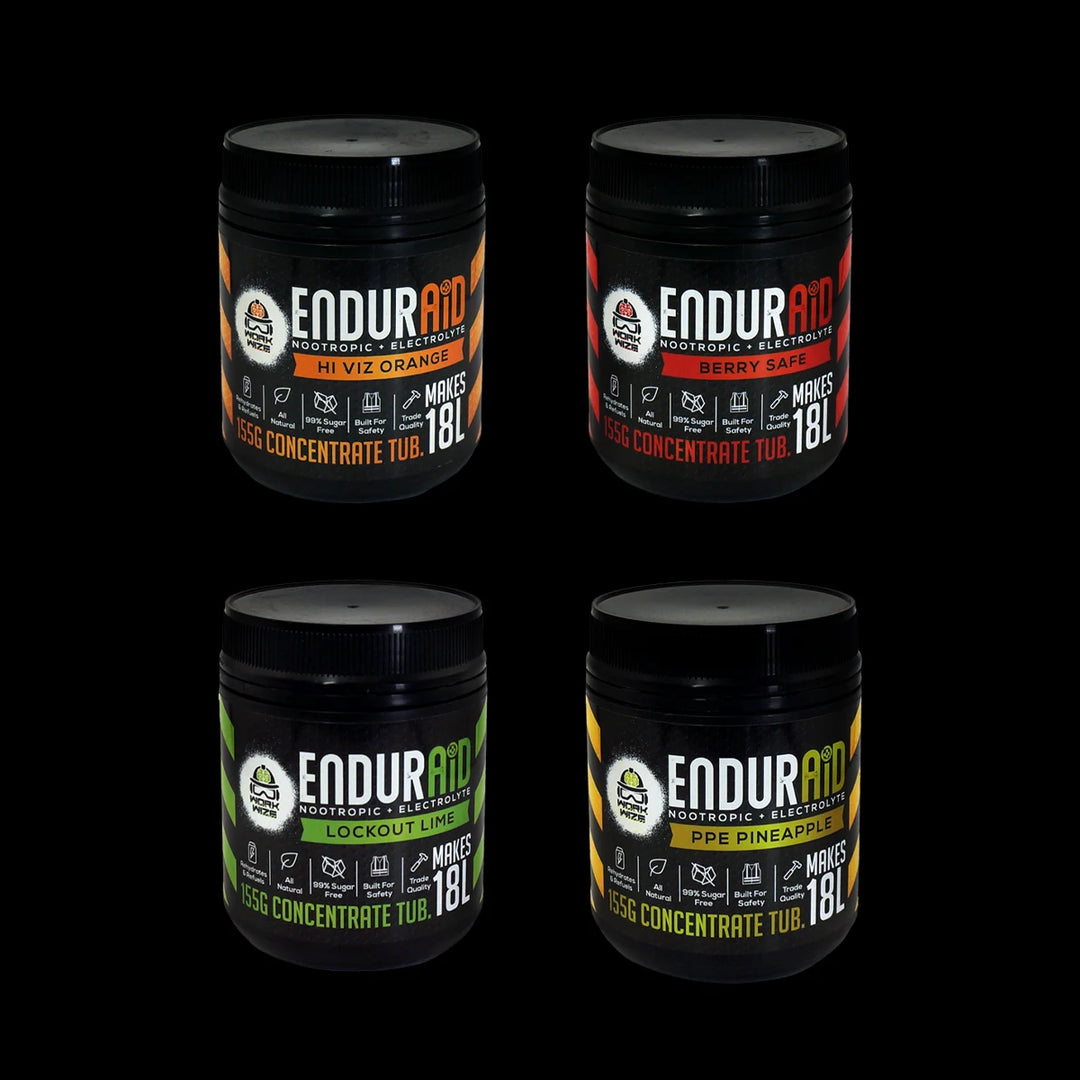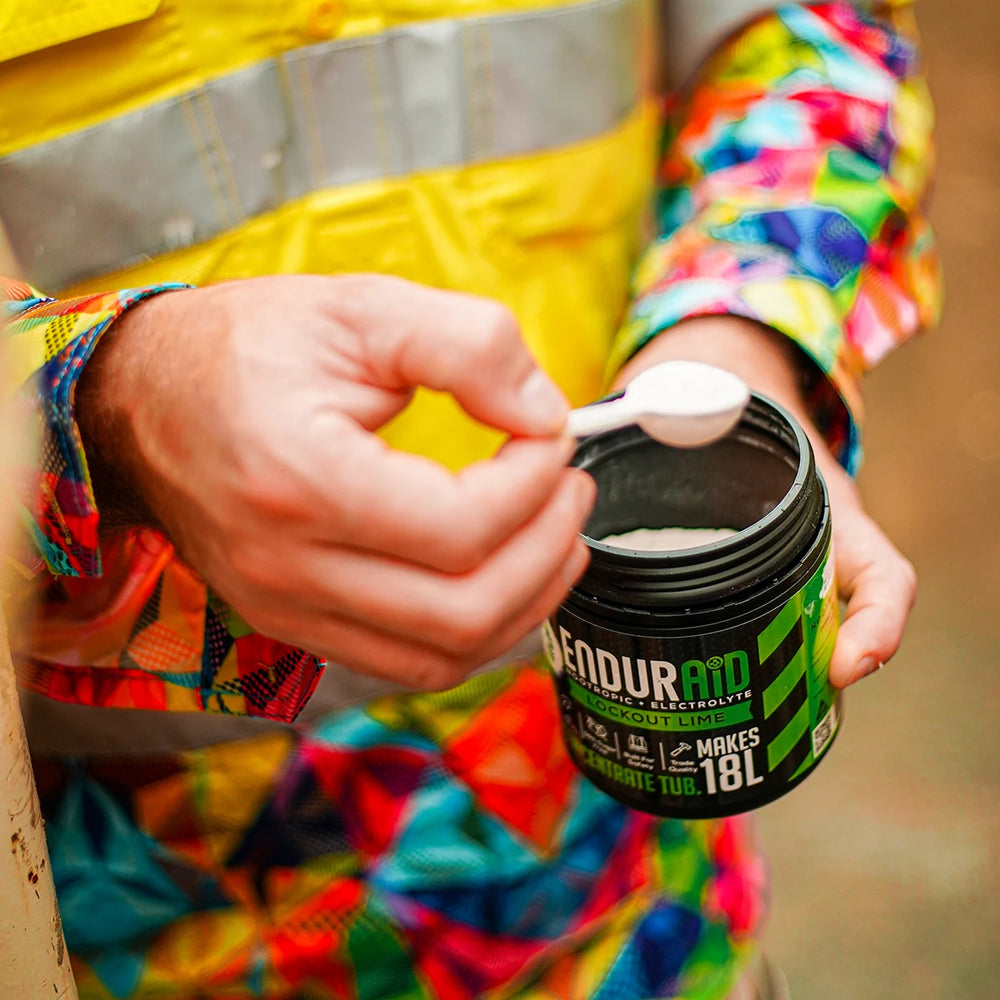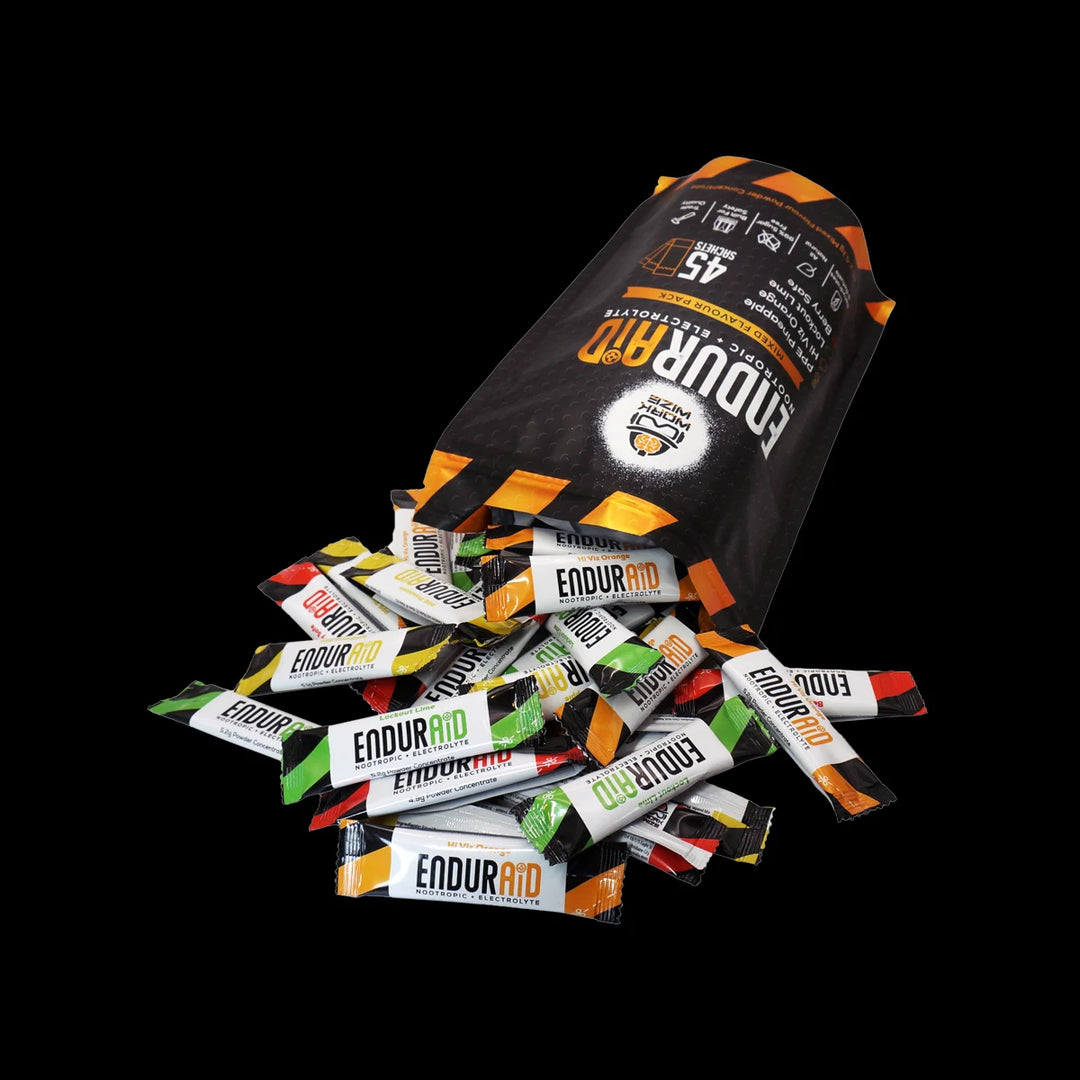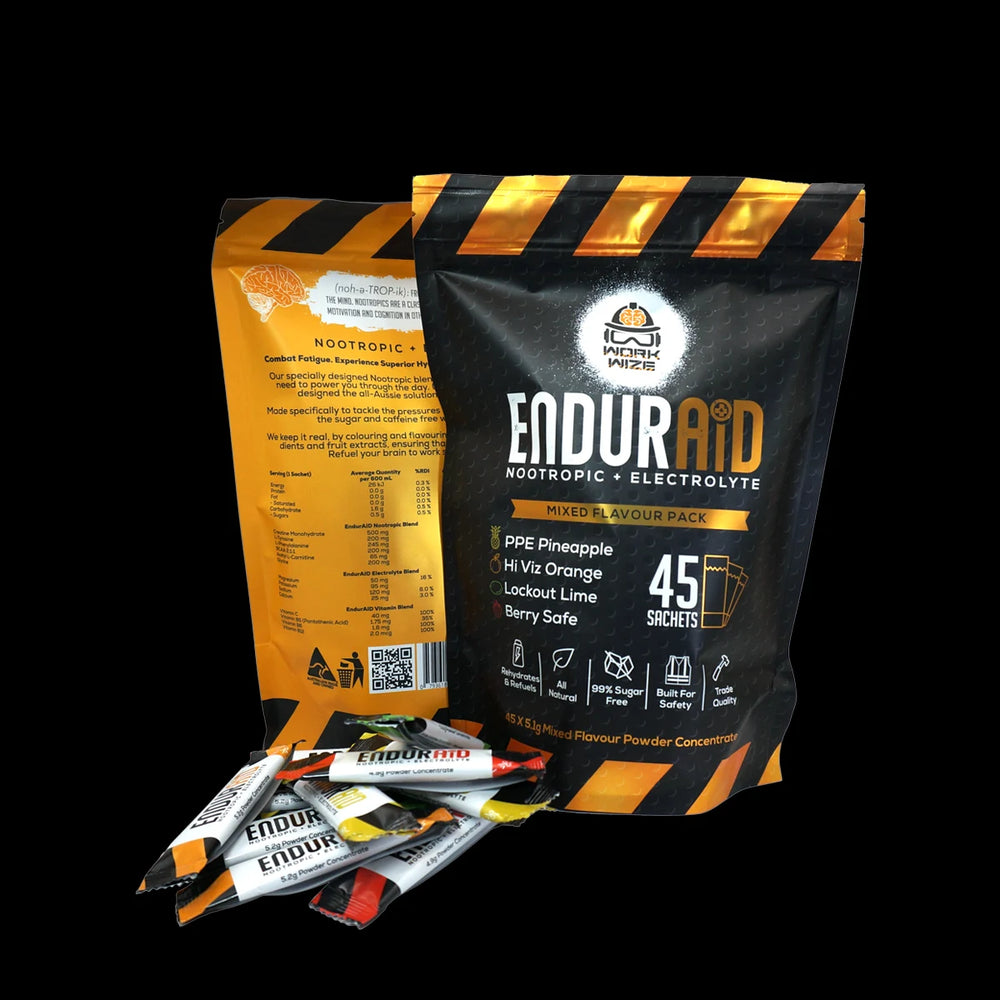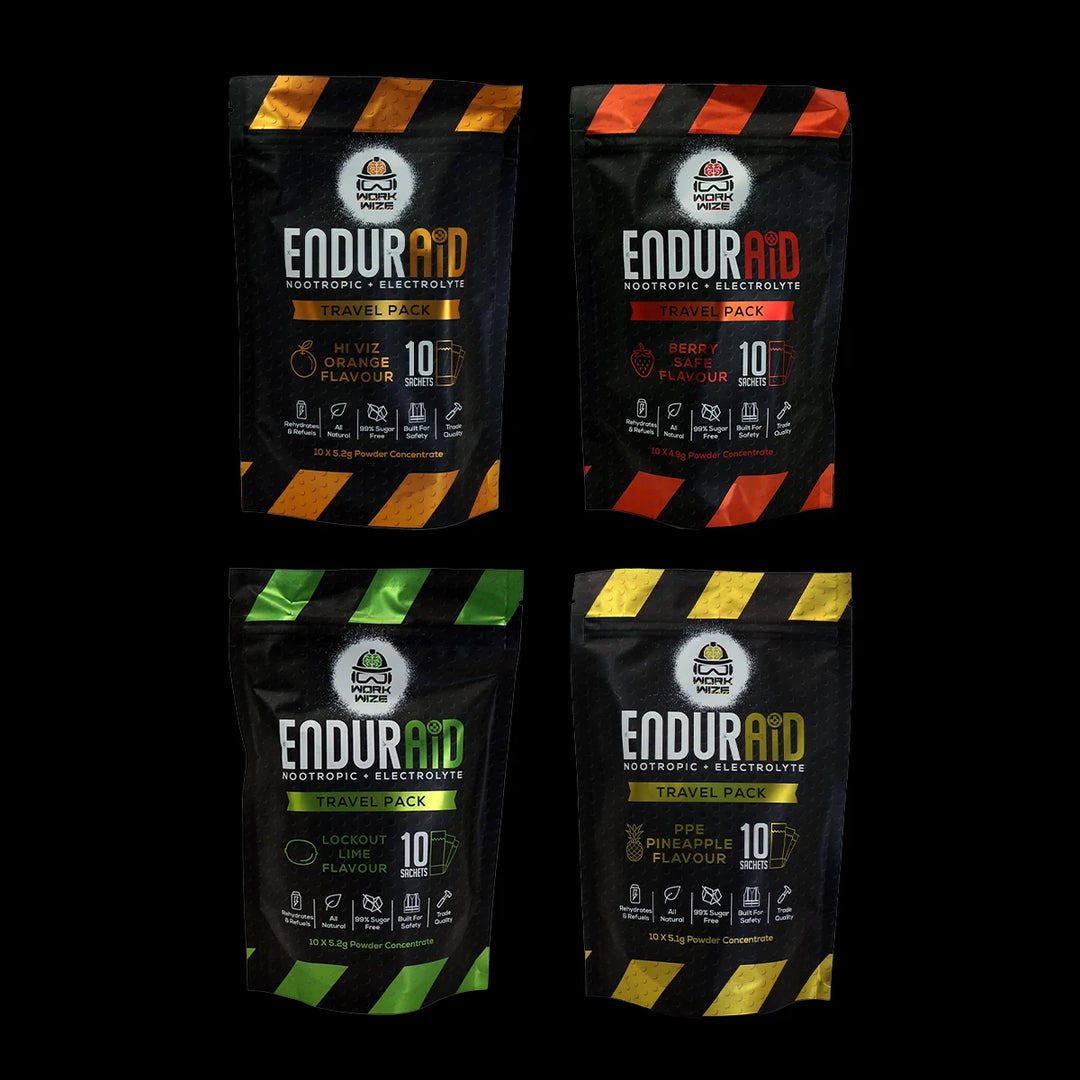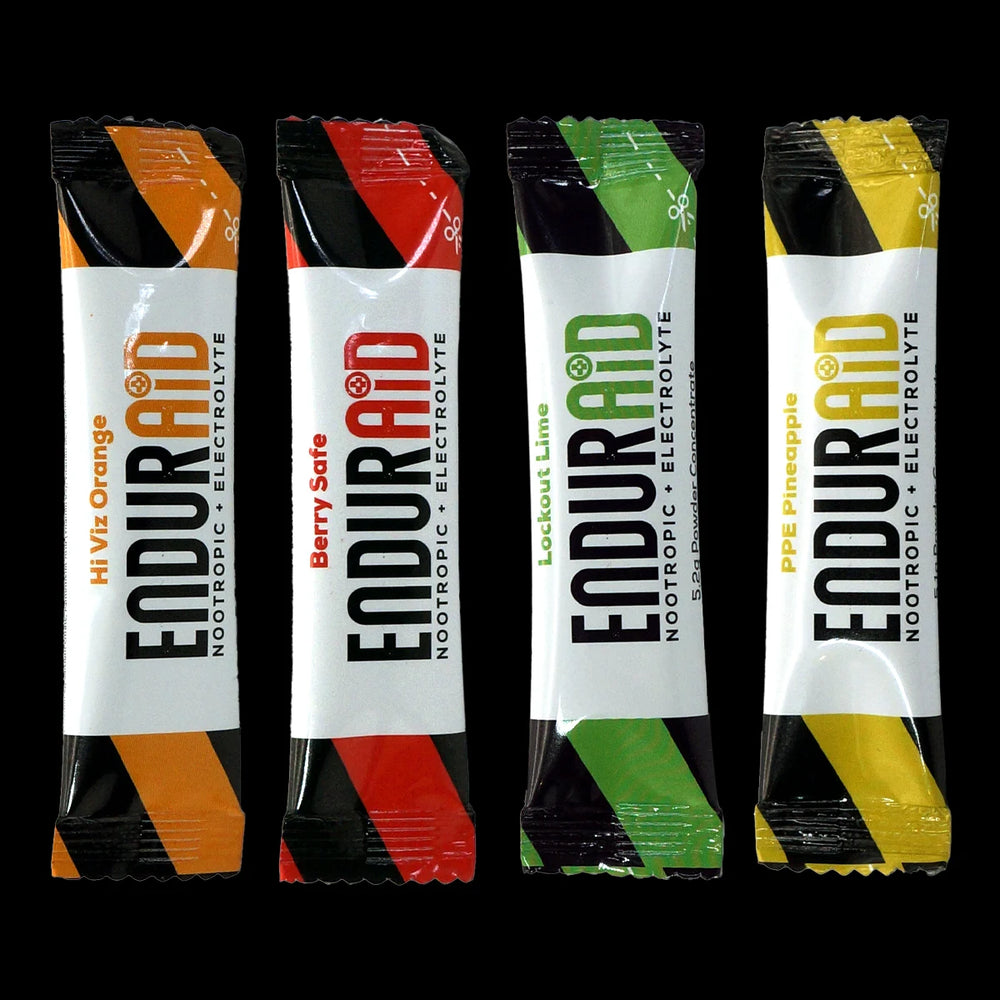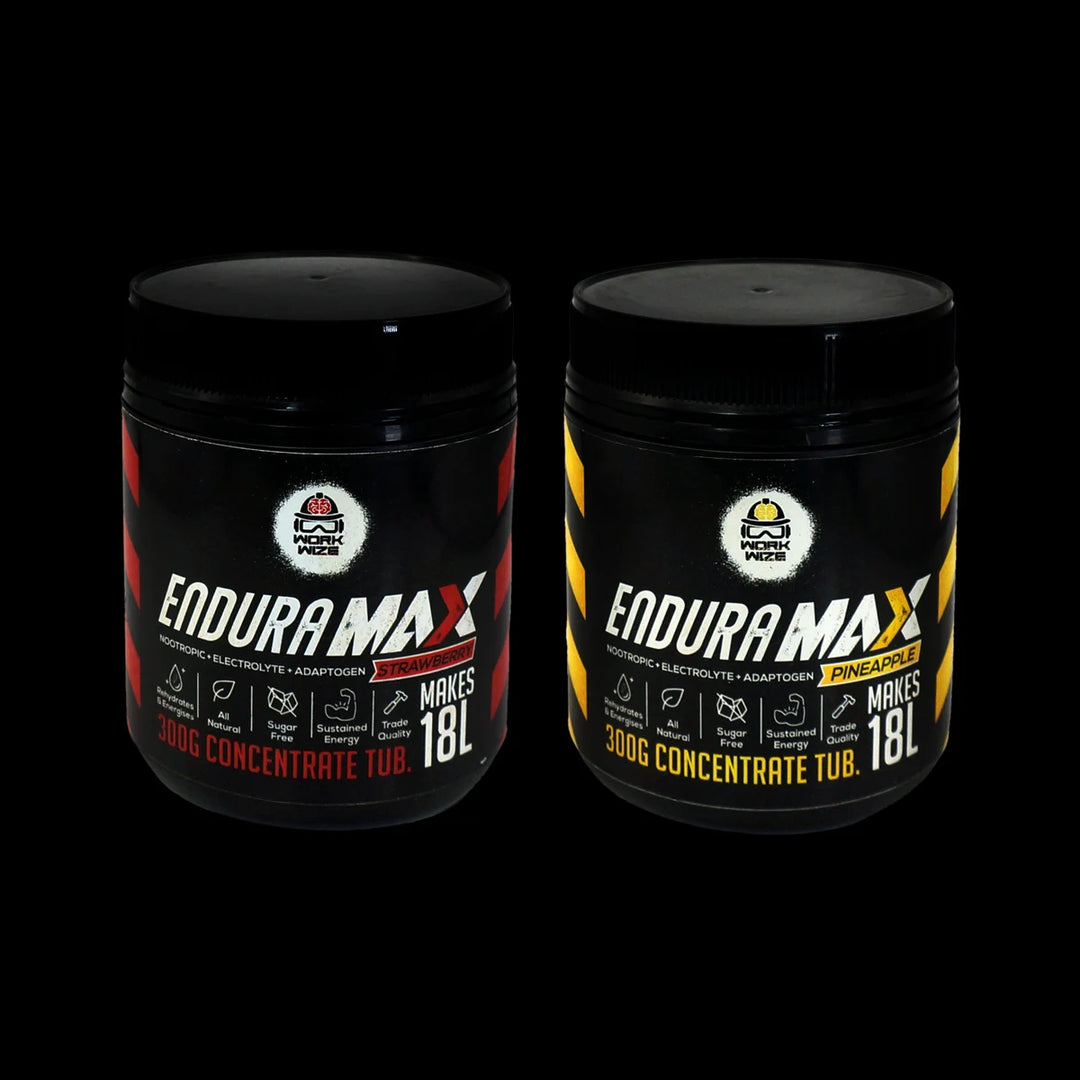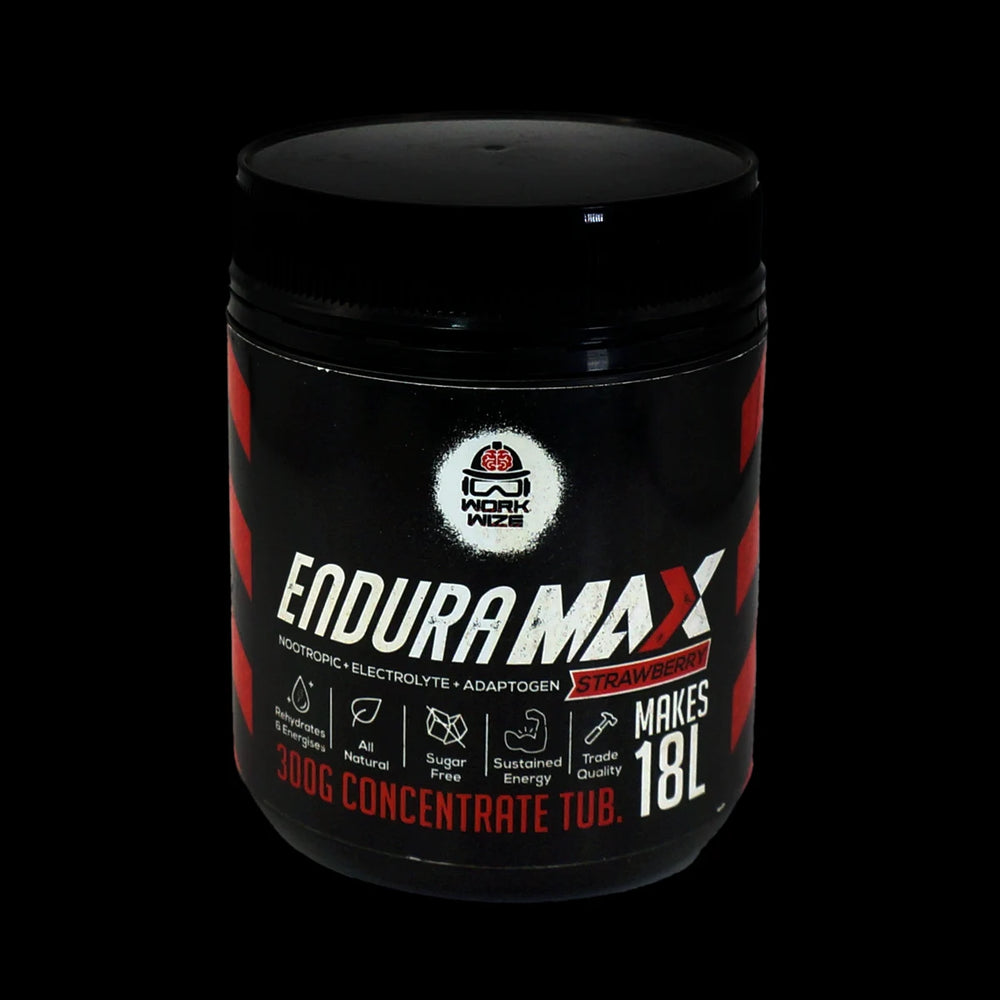As we all strive for that extra edge in our workouts, especially under the scorching heat, the importance of nutrition in enhancing our exercise endurance cannot be overstated. Tyrosine supplementation for exercise endurance emerges as a promising approach to combating fatigue and elevating your workout performance. Today, we're diving into how this amino acid could be the secret weapon you need.
Tyrosine: A Secret Weapon Against Fatigue?
Tyrosine is more than just a building block for proteins; it's a precursor for neurotransmitters like dopamine, which plays a vital role in how our body responds to stress and fatigue. But how does this relate to your workout, especially when you're pushing your limits under the sun? A recent study sheds some light on this, suggesting that tyrosine supplementation might just be the key to enhancing physical endurance in high temperatures.
The Study That Changes the Games
In a controlled experiment, eight healthy male volunteers were subjected to cycling exercises in conditions mimicking a hot summer day - 30°C and 60% relative humidity. Prior to the exercise, participants were given either a flavoured sugar-free drink or the same drink with an added 150 mg/kg body mass of tyrosine, in a double-blind setup.
The findings indicate those who had the tyrosine-infused drink showed a significant increase in exercise duration, managing to cycle for 80.3 minutes on average, compared to 69.2 minutes for the placebo group. This marks an approximate 15% improvement in physical endurance, without any changes in core temperature, heart rate, or a subjective feeling of exertion and heat.
Why Does This Matter?
For anyone looking to push their limits, understanding the interplay between our diet and our body's response to exercise is crucial. The study suggests that by enhancing the availability of tyrosine, and consequently dopamine, our body's tolerance to prolonged, submaximal exercise in hot conditions improves. This could be a potential performance enhancer for athletes or fitness enthusiasts looking to maintain their performance even under the stress of high temperatures.
Electrolytes and Beyond: A Holistic Approach to Exercise Nutrition
While tyrosine supplementation shows promise, it's important to remember that combating fatigue and ensuring optimal performance requires a holistic approach to nutrition. Electrolytes, for instance, play a vital role in maintaining hydration and muscle function during exercise.
To learn more about how electrolytes and other nutritional strategies can support your workout goals, check out our comprehensive guide in the 'wiki - knowledge base'.
In conclusion, the potential benefits of tyrosine supplementation, especially for those training in warm environments, open up new avenues for enhancing exercise tolerance. However, integrating this with a balanced intake of electrolytes and other nutrients is essential for achieving the best results. As we continue to explore the frontiers of sports nutrition, staying informed and adopting a well-rounded approach will undoubtedly help us reach new heights in our fitness journeys.
Report abstract:
Increased brain dopamine availability improves prolonged exercise tolerance in the heat. It is unclear whether supplementing the amino-acid precursor of dopamine increases exercise capacity in the heat.
Eight healthy male volunteers [mean age 32 ± 11 (SD) years; body mass 75.3 ± 8.1 kg; peak oxygen uptake ([Formula: see text]) 3.5 ± 0.3 L min(-1)] performed two exercise trials separated by at least 7 days in a randomised, crossover design. Subjects consumed 500 mL of a flavoured sugar-free drink (PLA), or the same drink with 150 mg kg body mass(-1) tyrosine (TYR) in a double-blind manner 1 h before cycling to exhaustion at a constant exercise intensity equivalent to 68 ± 5% [Formula: see text] in 30°C and 60% relative humidity.
Pre-exercise plasma tyrosine:large neutral amino acids increased 2.9-fold in TYR (P < 0.01), while there was no change in PLA (P > 0.05). Subjects cycled longer in TYR compared to PLA (80.3 ± 19.7 min vs. 69.2 ± 14.0 min; P < 0.01). Core temperature, mean weighted skin temperature, heart rate, ratings of perceived exertion and thermal sensation were similar in TYR and PLA during exercise and at exhaustion (P > 0.05) despite longer exercise time in TYR.
The results show that acute tyrosine supplementation is associated with increased endurance capacity in the heat in moderately trained subjects. The results also suggest for the first time that the availability of tyrosine, a nutritional dopamine precursor, can influence the ability to subjectively tolerate prolonged submaximal constant-load exercise in the heat.




